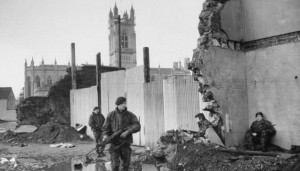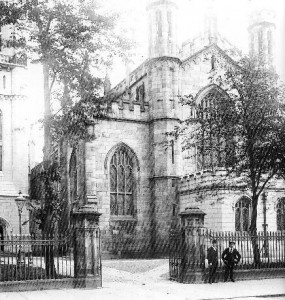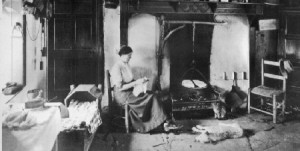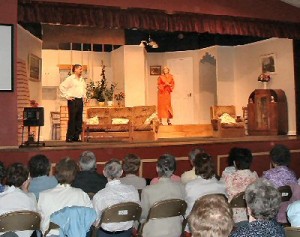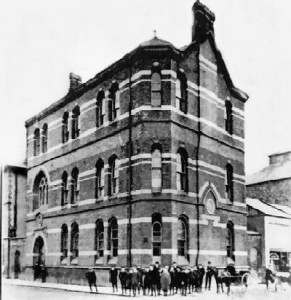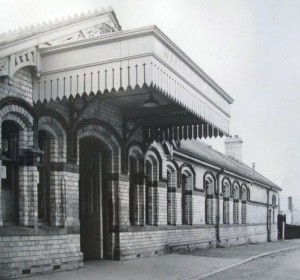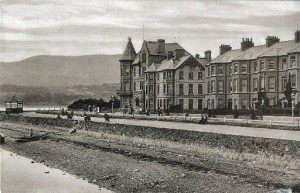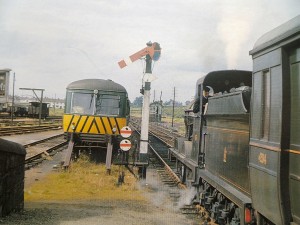“Ou sont les neiges d’antan?”
(Where are the snows of yesteryear?)
….
I was saddened to read of the death at a relatively early age and as a result of a long illness bravely borne, of Mrs. Patricia McCracken (nee McShane).
Patricia was the loving wife of legendary Newry distance runner Willie McCracken and beloved mother to Conor, Sharon and Eimear. Every one will have their own precious memories of this great lady.
I have fond memories of Patricia and her sister Margaret – now Mrs Margaret Vint – when, many years ago, they worked together in the Satellite cafe Kilmorey Street, under the proprietorship of Tommy Burns.
(Actually he was Tommy Byrne but everyone called him Tommy Burns!)
During the early to mid 1960’s a hot orange and a chip in the Satellite , lingered over all night, was the innocent apotheosis of our social and culinary indulgence. Impecunious as we were we could nevertheless watch and comment on the passing female “talent”. The entertainment was completed by the Juke Box on which we took turns to spend our “thrupenny bits” playing British and American pop records and Irish Showband hits. The Journal Editor, Peter McGrath, Terry McCrum, the late Peter Dodds and myself were stalwart regulars and the beautiful McShane girls were like big sisters to us.
Well, actually, Patricia was more of a “little big sister”. We would tease her over her soft South Armagh brogue which contrasted with our sharp urban rasp. (Actually the editor never rasped; he always spoke softly but laughed heartily).
In turn she and Margaret indulged our youthful exuberance while drawing the line firmly at foul language, smut or unacceptable behaviour. Diminutive and petite as she was, Patricia was fearless in confronting drunks, louts or yobs; equally she could sternly call us to order on the rare occasions that we became unruly.
I suspect all of us Abbey lads had a secret and forlorn “fancy” for one or both of the McShane girls. However from an early stage it became apparent that a polite, immaculately dressed and perfectly coiffured young compositor called Willie McCracken had won Patricia’s heart.
In 1965 the “Abbey”group of Satellite customers decamped, some to Queens University, others to St Joseph’s College of Education. Visits to the “Satellite” were confined to weekends and gradually died out.
I hadn’ t spoken to Patricia for over forty years and caught a glimpse of her only once since then. But some people often unknowingly touch your life in a small but significant way. Patricia was one of those and I confess to having shed a small tear when I saw her yesterday for the last time at her home.
To her sorrowing husband and family, I offer my deepest condolences.
Go ndeanfaidh Dia trocaire ar a anam uasal.
